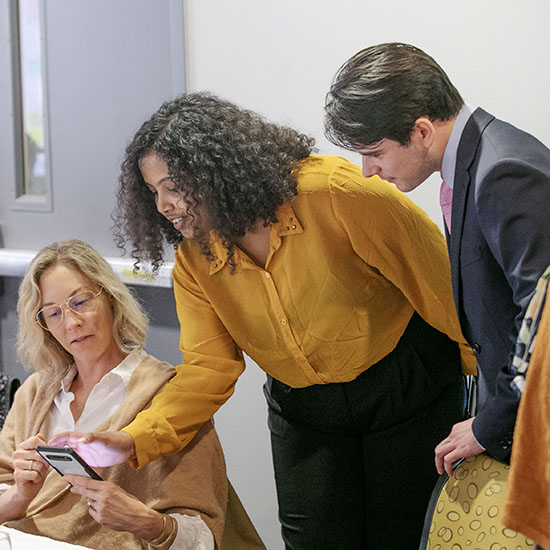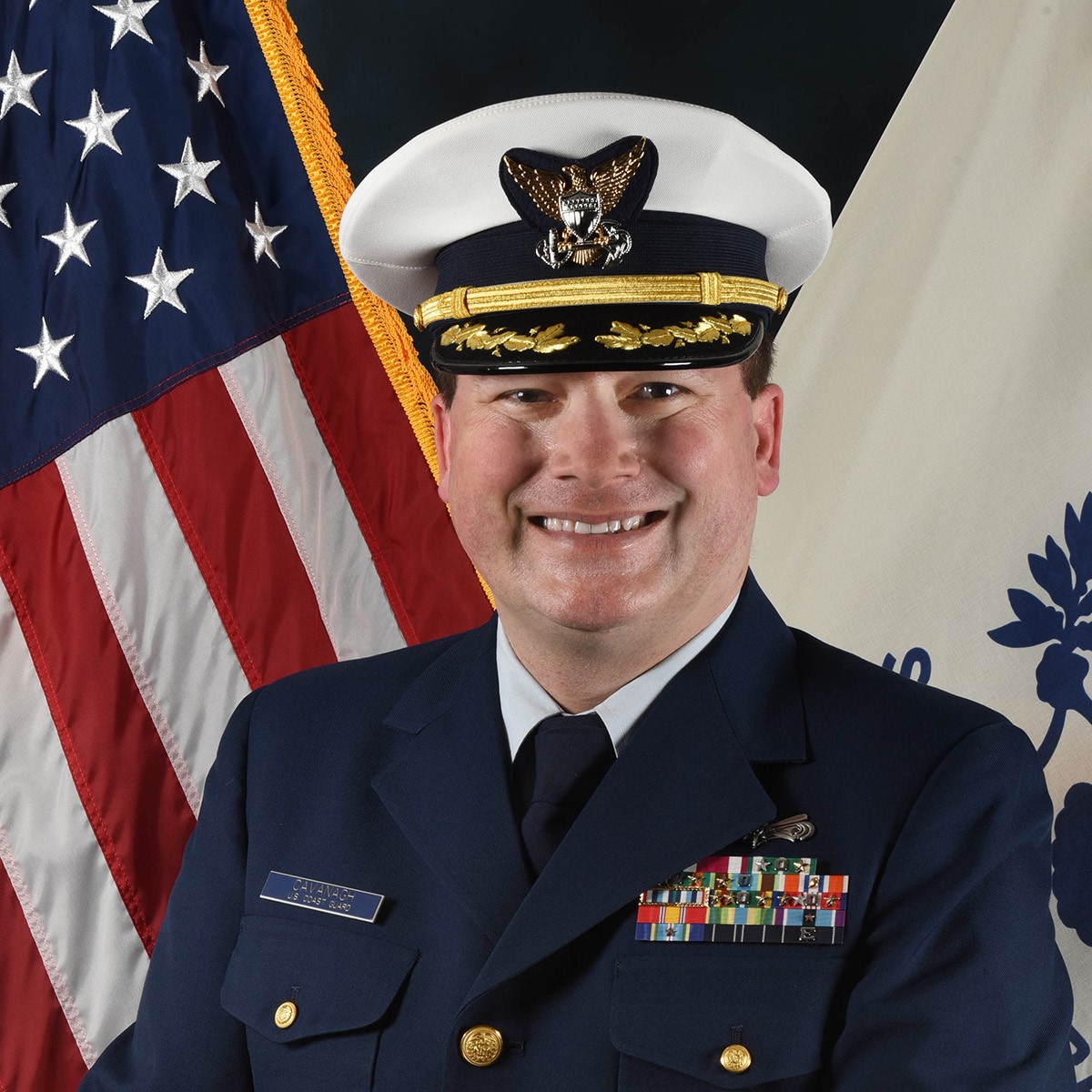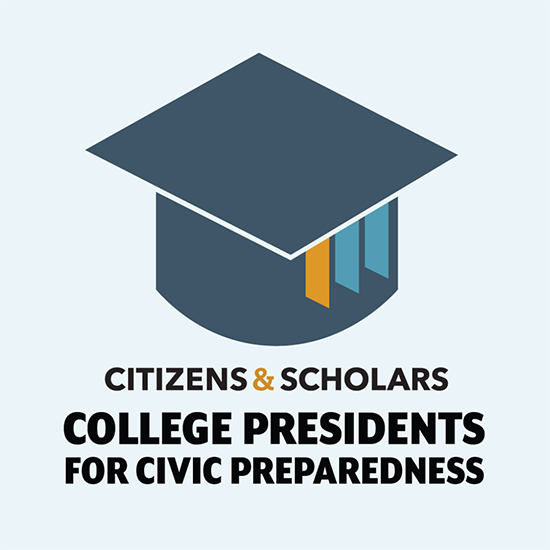Bookmarkers
Skidmore’s faculty scholars this year published a rich array of books on topics as diverse as tragedy in the poems of Ovid, how the anticommunist Cold War of the 1950s strengthened liberal political power in America, a children’s book about two Victorian cats, and the economic development of the BRIC (Brazil, Russia, India, and China) countries.
Victor Cahn, professor of English, is the co-author (with his brother Steven) of Polishing Your Prose: How to Turn First Drafts into Finished Work (Columbia University Press), which illustrates how to edit prose to enhance its clarity of thought and felicity of style. The authors help readers deploy a host of corrective strategies, such as avoiding jargon, bombast, and redundancy; varying sentence structure; paring the use of adjectives and adverbs; properly using phrases and clauses; and refining an argument.
Dan Curley, associate professor of classics, wrote Tragedy in Ovid: Theater, Metatheater, and the Transformation of a Genre (Cambridge University Press). The book surveys tragic characters, motifs, and modalities in Ovid’s Heroides and Metamorphoses. Through close readings of these poems, Curley demonstrates Ovid’s career-long fascination with the genre of tragedy, which began with his now-lost Medea. Curley also suggests that Ovidian presentation of tragedy on the page instead of the stage is a landmark in the history of the theater, and establishes Ovid as a missing link between the Greek and Roman playwrights Euripides and Seneca.
Monica Das, associate professor of economics, is co-author (with Sandwip Kumar Das) of Economic Growth and Income Disparity in BRIC: Theory and Empirical Evidence (World Scientific). Interest in the development processes of BRIC countries (Brazil, Russia, India, and China) has been triggered by the strong economic growth they’ve shared, but their political and social backgrounds are very different. The book traces the economic histories of BRIC countries to understand their economic and social institutions. The only common theme in this growth story is the high levels of income disparities and poverty that are observed even during the high-growth decades.
Jennifer Delton, professor of history, is the author of Rethinking the 1950s—How Anticommunism and the Cold War Made America Liberal (Cambridge University Press). Historians generally portray the 1950s as a conservative era when anticommunism and the Cold War subverted domestic reform, crushed political dissent, and negated New Deal liberalism and social democracy. Delton counters that anticommunism and the Cold War enabled, fulfilled, and even surpassed the New Deal's reform agenda. Anticommunism solidified liberal political power, and the Cold War justified jobs creation, corporate regulation, economic redevelopment, and civil rights.
Jordana Dym, associate professor of history, has co-edited with Mexican historians Erika Pani and Alfredo Avila a book on declarations of independence in the Americas from Philadelphia in 1776 to Haiti in 1804 to Chuqisaca (Bolivia) in 1825. Declaraciones de independencia: Los textos fundamentales de las independencias americanas (Colegio de México/UNAM) emerged from a 2010 symposium on the topic held at the Colegio de Mexico.
Robert Foulke, professor emeritus of English, and wife Patricia are co-authors of A Visitor’s Guide to Colonial and Revolutionary New England, second edition (Countryman Press). Part of their series of historical travel guides, it spans the formative years of the United States from the 1600s through the colonial era, the Revolution, and its aftermath up to 1815.
Catherine Golden, professor of English, wrote the children’s book Victorian Cat Tales, Book One: The Life and Times of Rose and Leopold (Black Rose); her sister Pam provided the art. The book tells the story of two cats in Victorian England: Leopold from Germany pays a call on Rose, who lives in the cellar of Buckingham Palace, and becomes a feline gentleman when he learns three English customs: calling cards, teatime, and the language of flowers. The cats’ lives intersect with the history of Queen Victoria and Prince Albert.
Heather Hurst ’97, assistant professor of anthropology, contributed to The Spectacle of the Late Maya Court (University of Texas Press and Instituto Nacional de Antropología e Historia, Mexico). In the rain forest of Chiapas, Mexico, the Maya site at Bonampak contains the most complete and magnificent murals of the ancient Americas. This book incorporates insights from decades of art historical, epigraphic, and technical investigation of the murals, addressing artistic conception and technique, narrative, performance, and politics. Lavishly illustrated, it is a thorough documentation of the Bonampak mural program featuring both photographs and full-color reconstructions by Hurst and Leonard Ashby.
Penny Howell Jolly, professor of art history, wrote Picturing the “Pregnant” Magdalene in Northern Art, 1430–1550: Addressing and Undressing the Sinner-saint, (Ashgate Publishing). Examining innovations in Mary Magdalene imagery in early-modern Northern European art, Jolly explores how the saint’s popularity drew upon her ability to embody paradoxical roles: sinner and saint, prostitute and prophet. The book is part of a series called Women and Gender in the Early Modern World.
David Karp, associate dean of student affairs and professor of sociology, authored The Little Book of Restorative Justice for Colleges and Universities (Good Books), which offers three models of campus restorative-justice practice, considerations when starting a campus RJ program, and how to include restorative justice in student honor codes.
Denise Warner Limoli, associate professor of dance, wrote her first book this year: Dance in Saratoga Springs (The History Press). Her story begins with the 19th-century floral fetes in Saratoga Springs and traces the development of Skidmore’s dance program, the Saratoga Performing Arts Center, local dance schools, the National Museum of Dance, and developments in ballet and modern dance in the city through the years.
Dan Nathan, associate professor of American studies, edited Rooting for the Home Team: Sport Community and Identity (University of Illinois Press), which examines how various American communities create and maintain a sense of collective identity through sports. Looking at large cities such as Chicago, Baltimore, and Los Angeles as well as small rural towns, suburbs, and college towns, the contributors consider the idea that rooting for local athletes and home teams often symbolizes a community's preferred understanding of itself, and that doing so is an expression of connectedness, public pride and pleasure, and personal identity.
Flagg Taylor, associate professor of government, is coauthor of The Contested Removal Power, 1789–2010 (University Press of Kansas). The U.S. Constitution is clear on the appointment of executive officials: the president nominates, the Senate approves. But on the question of removing those officials, the Constitution is silent—although that silence has not discouraged strenuous efforts to challenge, censure, and even impeach presidents. Taylor and co-author Jeremy D. Bailey show that the removal power has always been and continues to be a thorny issue, especially as presidential power has expanded dramatically during the past century.


